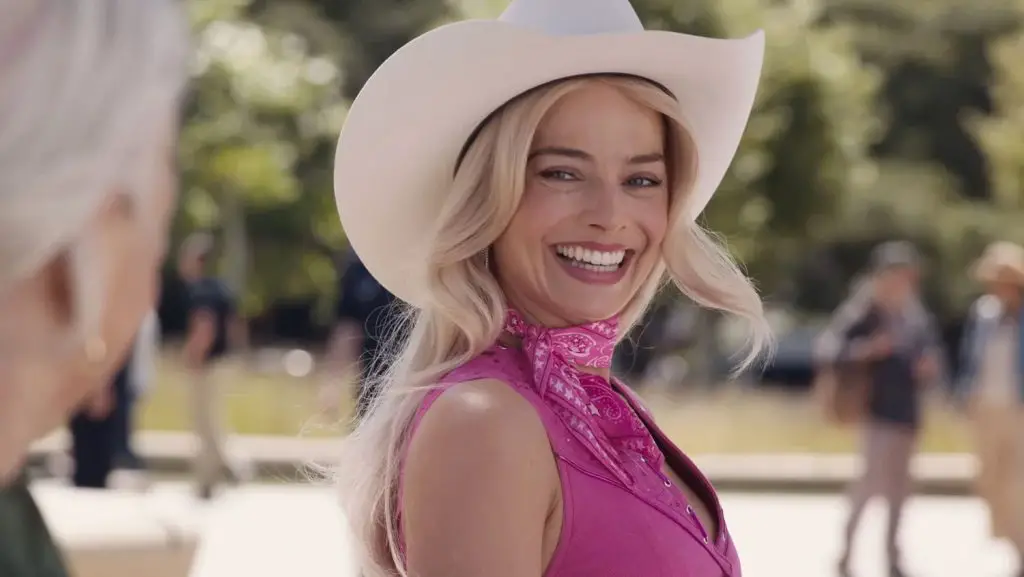In a recent turn of events, the buzz around a possible sequel to the highly successful “Barbie” movie has been quelled by none other than the film’s star, Margot Robbie. Despite the clamor from fans and the film’s box office success, Robbie, in an interview with the Associated Press, firmly stated, “We didn’t build it to be a trilogy or something”. This revelation comes as a surprise to many, considering the film’s warm reception and commercial success.
The “Barbie” movie, directed by Greta Gerwig, has been a topic of much conversation, not just for its unique take on the iconic doll but also for its critical acclaim and box office performance. Margot Robbie, both the star and a producer of the film, expressed her doubts about a sequel, commenting, “I can’t imagine what would be next”. This sentiment was echoed in her statement that Gerwig put her all into this project, making it a complete story in itself.
Robbie’s comments indicate a strong desire to keep “Barbie” as a standalone piece, a singular expression of creativity and storytelling that doesn’t necessarily call for a follow-up. This decision, while perhaps disappointing to fans hoping for more, speaks to the quality and completeness of the film as a standalone narrative.
In the ever-evolving landscape of film and entertainment, it’s not uncommon for successful movies to spawn sequels and even trilogies. However, in the case of “Barbie,” Robbie and Gerwig’s approach deviates from this norm, emphasizing the importance of preserving the artistic integrity and uniqueness of the original film. Their decision to not pursue a sequel, as stated by Robbie, stems from a belief that they “put everything into this one,” making it a complete and self-contained story.
This move by Robbie and Gerwig highlights a growing trend in Hollywood where filmmakers are choosing to prioritize storytelling over franchise-building. It’s a refreshing perspective in an industry often criticized for its reliance on sequels and reboots. By choosing to keep “Barbie” as a one-time cinematic venture, Robbie and Gerwig have set a precedent for future filmmakers to value the artistry and narrative completeness over commercial prospects.
In conclusion, while fans may be disheartened by the news that “Barbie” will not have a sequel, the decision underscores the film’s unique place in cinematic history. It stands as a testament to Robbie and Gerwig’s commitment to storytelling and artistic expression, setting a bold standard for future films in an era dominated by sequels and series. “Barbie,” as it seems, will remain a singular, shining example of what can be achieved when creativity and storytelling are placed at the forefront of cinematic endeavors.


